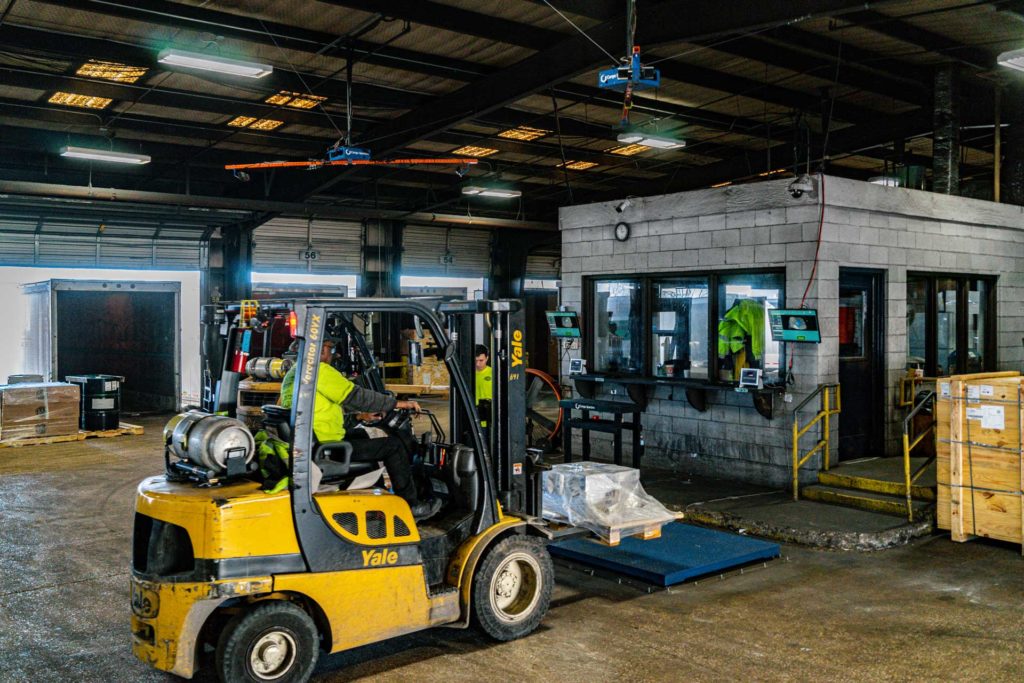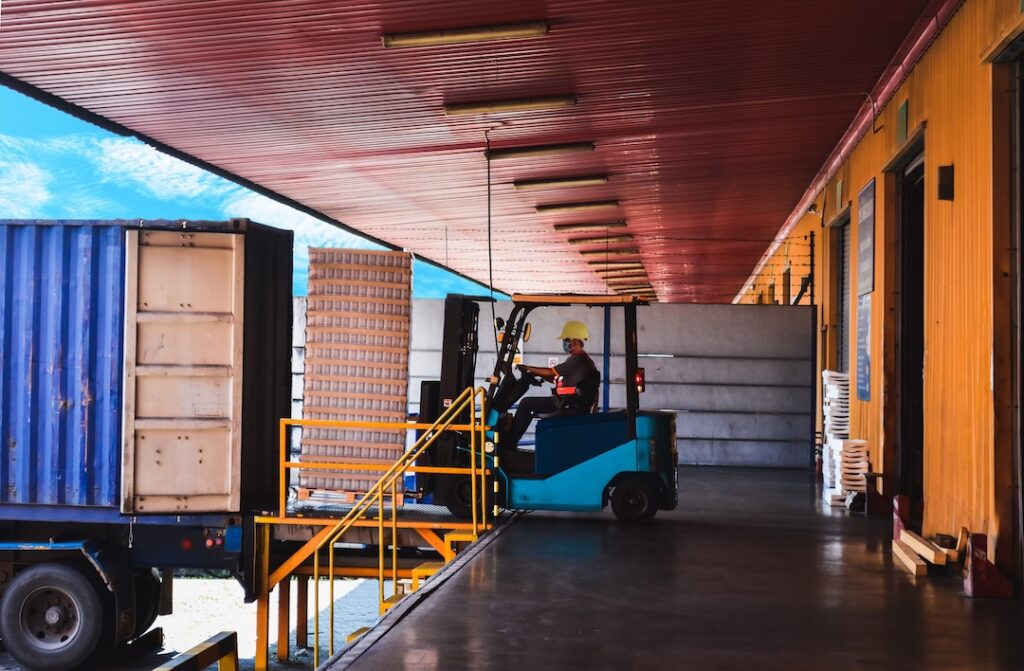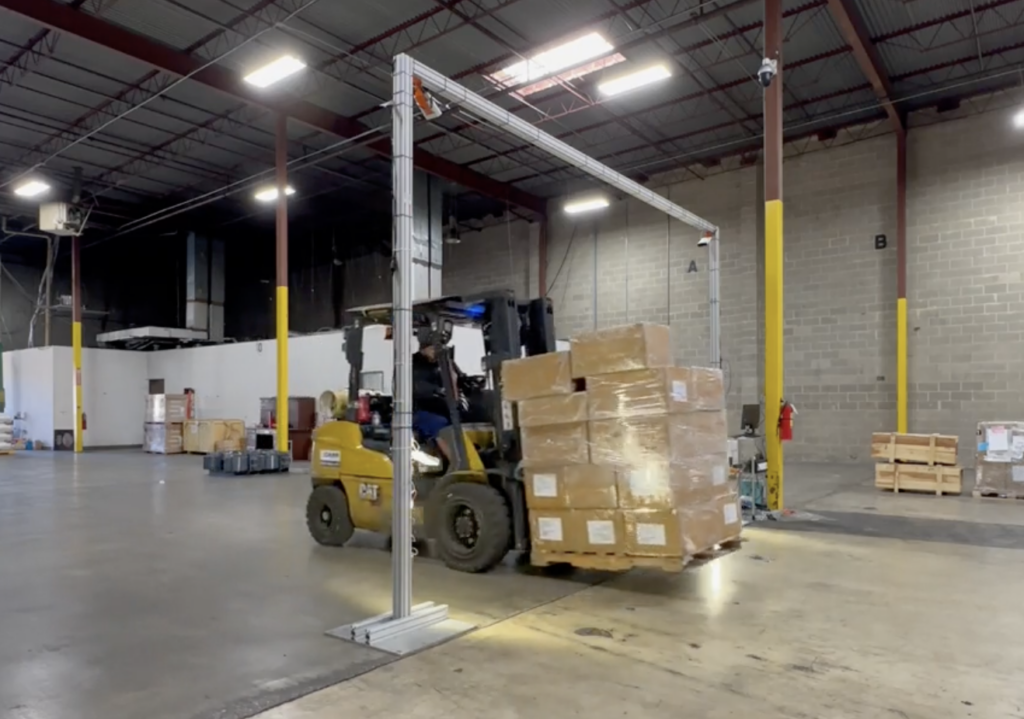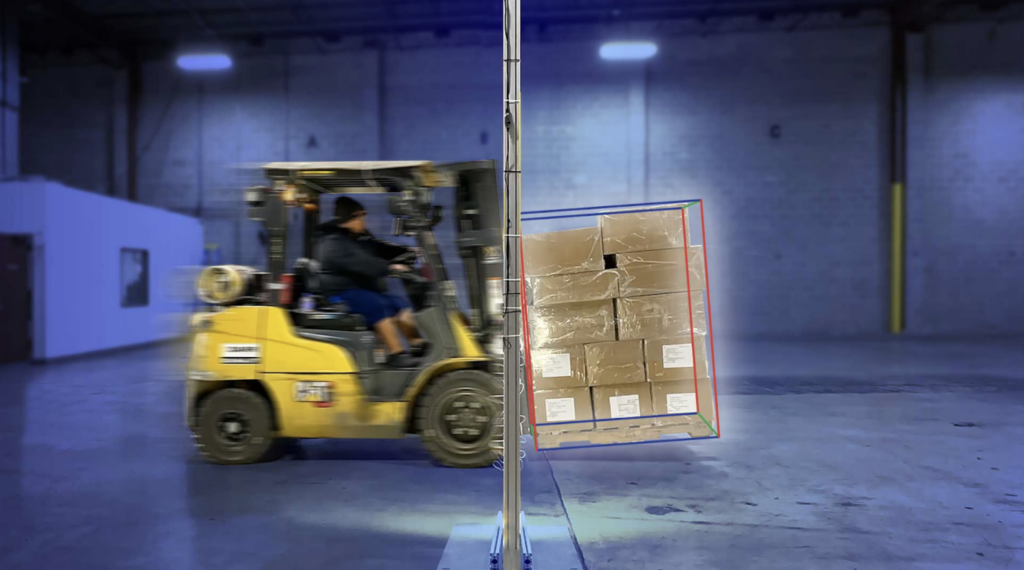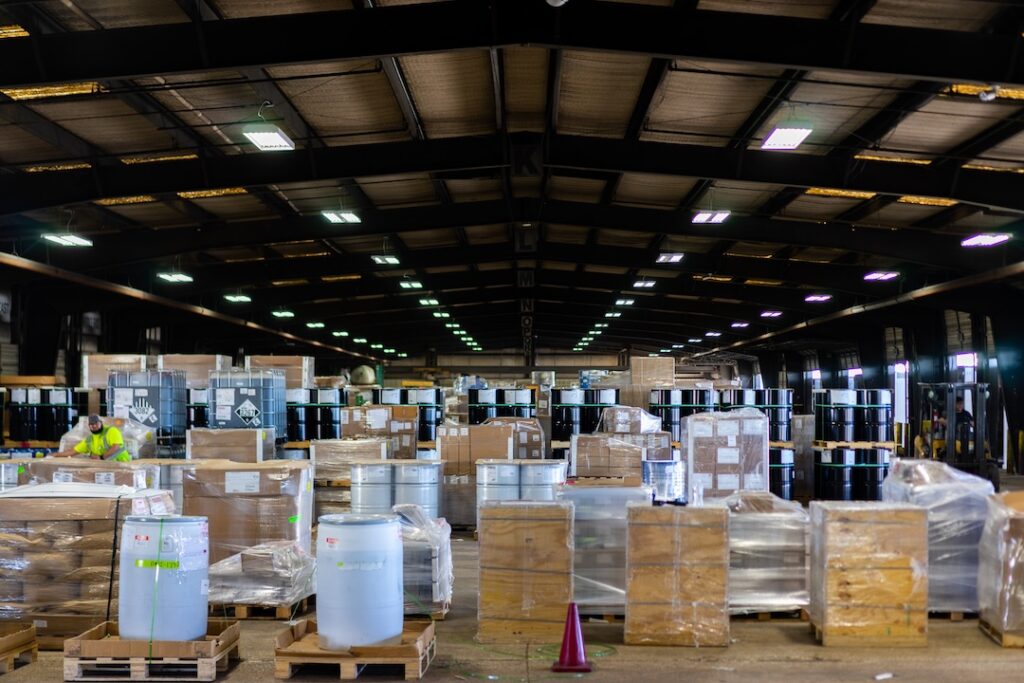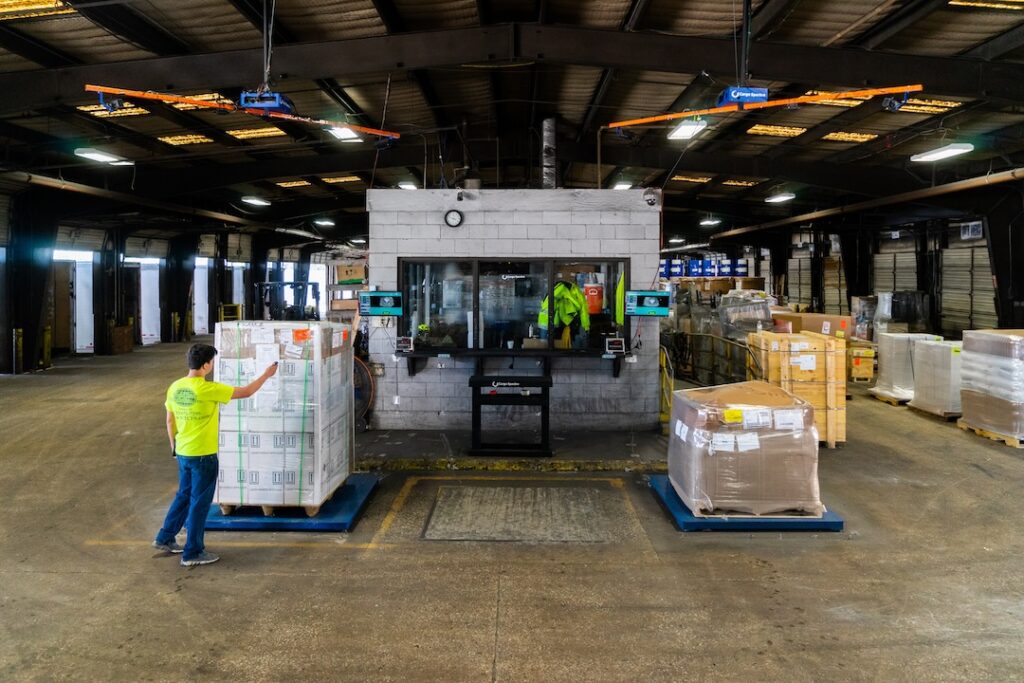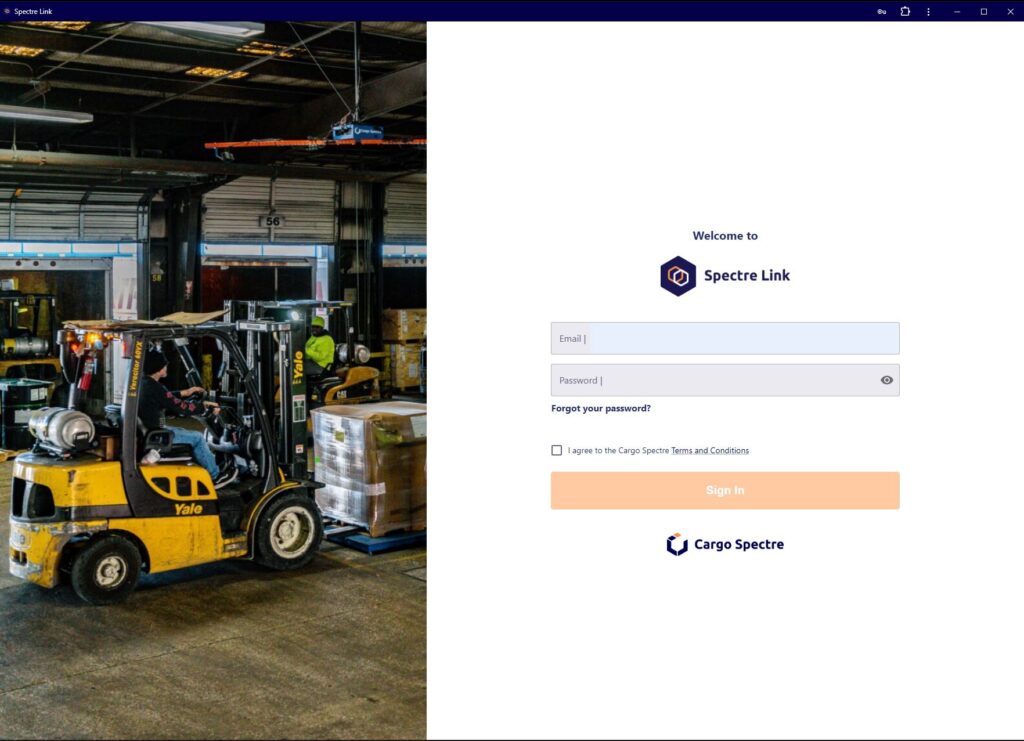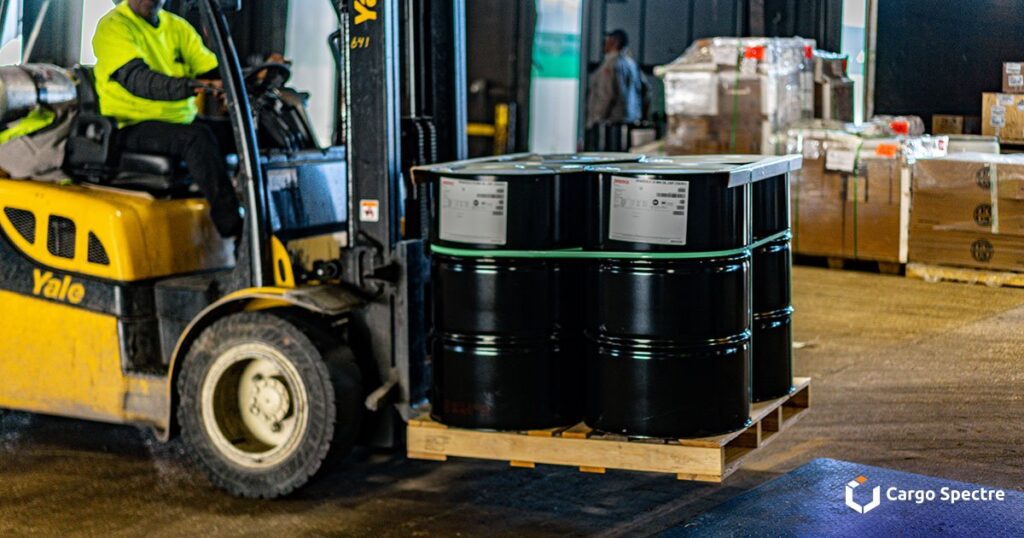
With the global supply chain stressed to the limits currently, it’s more important than ever for LTL carriers and haulage companies to be as efficient as possible. These businesses need weighing solutions to help them bill accurately without slowing down their operations. Many turn to forklift scales because they’re looking for something easy and time-efficient to use. Unfortunately, forklift scales can also lead to inaccurate measurements.
The problems often arise when the weight from an ocean bill of lading and the bill of lading recorded for trucking come back different. This can lead to costly and time-consuming reclasses and re-weighs, not to mention frustration. Typically, the issue is that forklift scales are not stable. They can be affected by motion and momentum, leading to inaccurate weights—especially when workers are trying to move quickly. The effect is a bit like jumping on a bathroom scale: You can’t expect the first number you see to be accurate.
At Cargo Spectre, we don’t believe accuracy should ever be sacrificed for speed. That’s why the Pallet Spectre uses solid, stable floor scales to quickly, accurately weigh every piece of freight that comes into your warehouse. All of our weights are NTEP-certified, so you never have to worry about bills of lading not matching up. Of course, weight is only one element of freight that the Pallet Spectre automatically measures and records. In a flash, the Pallet Spectre also scans the pallet’s precise dimensions and photographs it, instantly uploading these measurements to your warehouse software system, the cloud, or both.
If you’re ready to eliminate disputes and discrepancies that require reclasses and re-weighs, contact Cargo Spectre today. For only $500 a month, we can improve the speed and accuracy of your freight dims and weights overnight.
